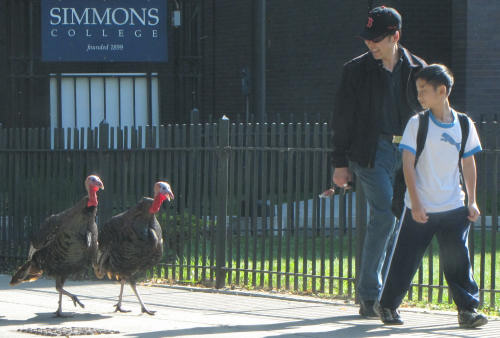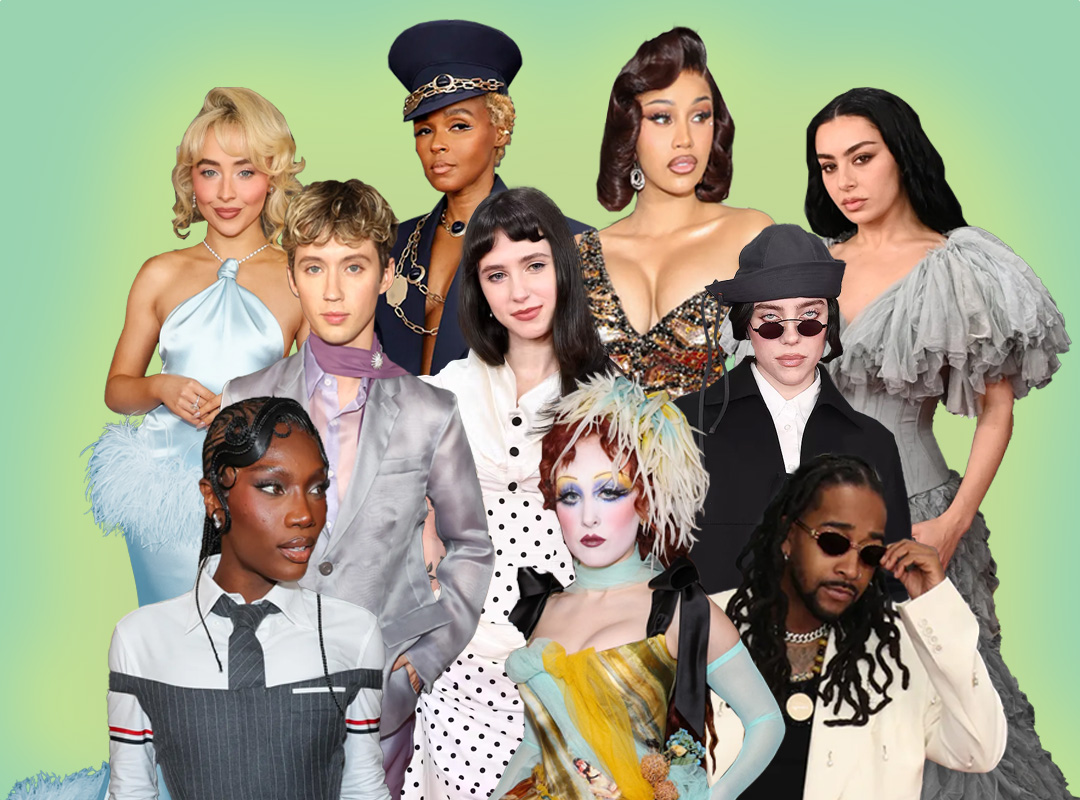By Simran P. Gupta & Kaydee Donohoo
Editors-in-Chief
The month of November is either aptly or ironically named National American Indian Heritage Month, depending on who you ask. This is the month in which thousands of families across the country gather around a table to celebrate family and togetherness, to carve a turkey and express gratitude for various aspects of their life. This is also the month in which children are taught a sanitized version of Native American history, about a story in which Thanksgiving symbolized peace between colonial settlers native tribes. As if colonizers did not begin a centuries-long genocide of the indigenous people already living on the land, as if they did not rape countless native women and try to wipe out entire cultures and languages across the country.
This history is perpetuated in so many forms today, not the least bit being its sanitization in primary and secondary school curriculums. One might consider the cruel irony of the fact that around Thanksgiving time last year, huge protests were going on to stop the installation of the Dakota Access Pipeline across tribal lands, the primary concern being a possible oil spill. These protesters, self-proclaimed Water Protectors, were trying to protect land that was rightfully theirs by treaty, and they were brutalized and criminalized by the federal government. Native Americans were betrayed once again, the pipeline was installed. This Thanksgiving, natives on that land endured the oil spill they all knew would happen.

On Monday, November 27, President Donald Trump was supposed to honor two Navajo veterans; specifically, two code talkers who served in World War II. As he gave his speech, he made a “Pocahontas” quip that has stirred indignation and assertion that the name is a slur. “You are very, very special people. You were here long before any of us were here. Although, we have a representative in Congress who has been here a long time… longer than you. They call her Pocahontas!” It has not been lost on us that he invoked his long-held insult for Elizabeth Warren at a meeting meant to honor indigenous heroes, or that he made this quip in front of a portrait of Andrew Jackson, who kickstarted the Trail of Tears, an extremely traumatic period in Native American history.
A Delegate of the Navajo Nation issued a statement in response, saying, “The intentional disregard of the historical trauma of Pocahontas as a sexual assault survivor directly resulting from colonization is disturbing… The reckless appropriation of this term is deeply offensive and dangerous to the sovereignty of our identity of our peoples.”
Indeed, President Trump’s quip ignored the traumatic story of Pocahontas; however, it is also sadly unsurprising. Consider how many children grow up with a sanitized, romanticized version of Pocahontas’s story in the Disney movie, or abbreviated truth about the Trail of Tears and other efforts by the government to wipe out indigenous cultures and language.
Even the official name of the identity that this month is meant to honor, “American Indian,” is antiquated, reflecting the ignorance of a colonial settler centuries ago. Thus, as the month wraps up and we move forward into another year, challenge yourself to learn what has been left out of curriculums and turned into love stories for children. The history of Native Americans is wrought with suffering at the hands of our federal government. Understand that this continues to this day.



















